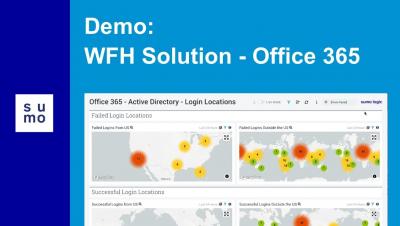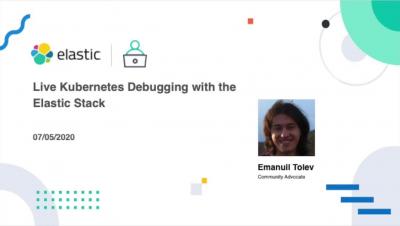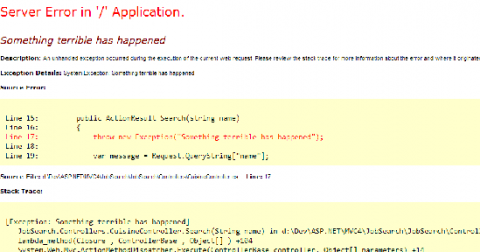How Volatility Impacts Visibility
If you’re like me, you’re working from home, social distancing, and staying safe during these unprecedented times. I spend a lot of time thinking about how this will impact the way we will work in the future. Going through this with our teams creates stronger bonds as we learn how to work remotely and through a global pandemic. We now spend more time in zoom meetings and use more collaborative tools than we did even just a month ago.











